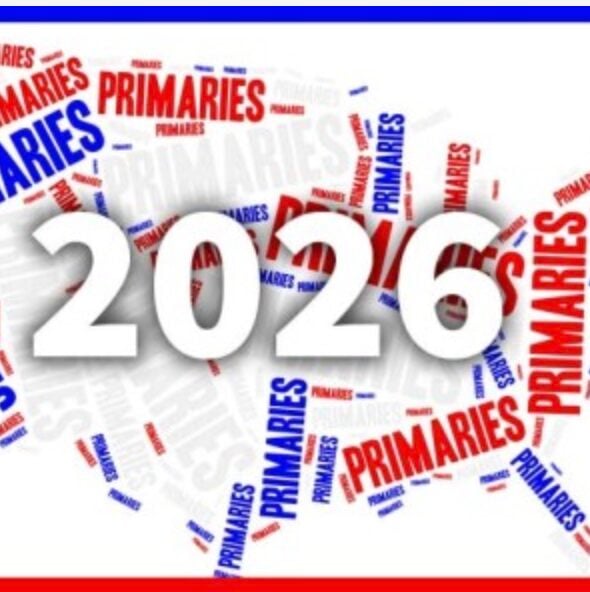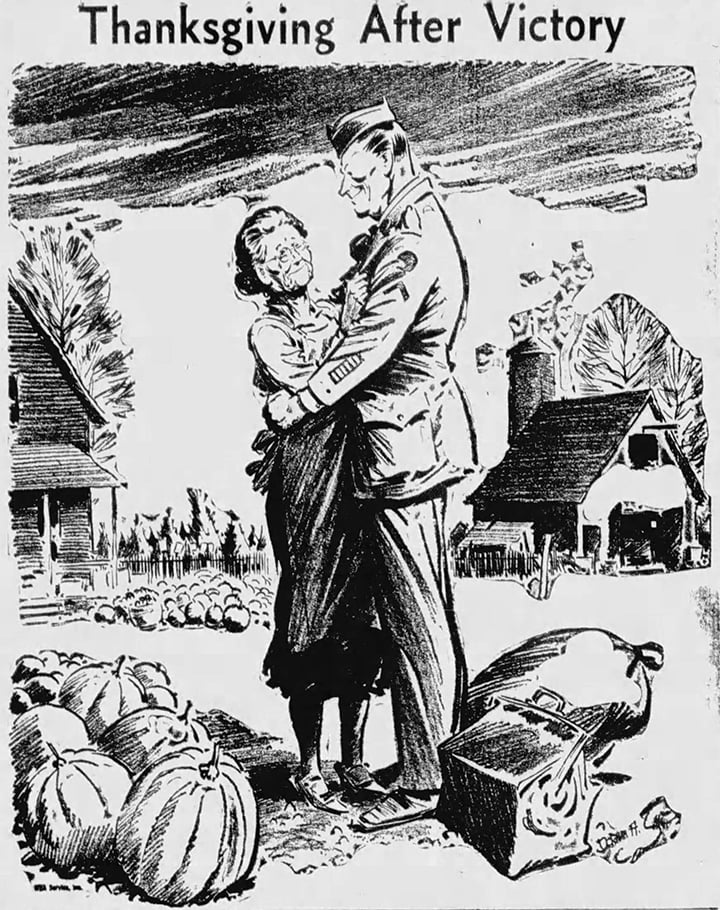Schools across Kentucky are adapting to President Trump’s Executive Order on diversity, equity, and inclusion (DEI) programs. Of the Commonwealth’s 171 public school districts, all but two are complying with the new federal restrictions. Universities are also shutting down DEI initiatives, aligning themselves with the White House’s directive as well as Kentucky’s House Bill 4.
But whether these institutions comply or push back, they are sure to draw controversy across the Commonwealth. While some insist that DEI helps historically marginalized groups succeed, others say it is nothing more than prejudice dressed-up in woke terminology. One thing is certain: DEI is a hot-button issue, and when public dollars are involved, the stakes get even higher.

On his first day in office, President Trump issued an Executive Order to end what the administration considers “wasteful government DEI programs and preferencing.” The logic behind this order was simple. The White House sees DEI programs as codifying preferential treatment that discriminates against particular races, genders, or sexualities, a clear violation of Title IX.
The administration cited Martin Luther King Jr., insisting that “This order is meant to return to the promise and the hope that was captured by civil rights champions, that one day all Americans can be treated on the basis of their character, not by the color of their skin.”
Similar reasoning served as motivation for HB 4 in the Kentucky legislature, which insists that DEI is a discriminatory practice that provides “differential treatment or benefits to individuals on the basis of religion, race, sex, color, or national origin.” Though the bill was vetoed by Governor Beshear, the veto was overridden by impressive margins in both the State House and Senate.
Neither the Trump administration nor the Kentucky legislature want discriminatory practices taking place within its jurisdiction, much less funded by taxpayer dollars. However, many within Kentucky are outraged with this action. Though the majority of school districts are complying, Fayette and Jefferson counties are refusing to do so.
Others districts, though compliant, are not happy about it. The superintendent of Hardin County, Teresa Morgan, said she signed the U.S. Department of Education’s compliance form with “great disgust and sadness.”
This same disgust is shared by many university students and faculty across the Commonwealth. In the wake of the Trump Administration’s Executive Order and the passing of HB 4, Kentucky universities are making major changes. Part of these changes is the cancellation of so-called Lavender Graduation ceremonies, which are special graduation ceremonies for LGBTQ+ students.
Both the University of Kentucky (UK) and the University of Louisville (UofL) cancelled their Lavender Graduations. UK also cancelled its Harambee Unity Celebration, specifically for black graduates. UK’s Chief Communications Officer stated that “The University will no longer host identity-based or special-interest graduation celebrations.”
While many on campus lament this reality, it raises the question: why are identity-based and special-interest graduations taking place to begin with? One can only imagine the protests if a white-only or straight-only graduation ceremony were held, much less funded by tax-dollars. Don’t black-only or LGBTQ-only graduation ceremonies demonstrate a double standard?
Breaking up graduations by race or sexuality destroys the very unity embodied in the idea of the university. In fact, the very word “university” is associated with the Latin phrase universitas magistrorum et scholarium, meaning that the university is a community of scholars and students from different backgrounds who come together in pursuit of truth.
Though proponents of DEI claim that Republicans are undermining equality, the opposite is true. Both the Trump administration and Kentucky legislature are working to uphold truly equal standards—standards that are blind to race, gender, and sexual orientation. These impartial standards are not only consistent with our legal tradition—they are common sense.
Institutional bias, in any direction, violates this principle. And when public schools forget this, it is the government’s duty to step in.
Jacob Ogan is the executive assistant at the Commonwealth Policy Center and is pursuing degrees at Boyce College and the Southern Baptist Theological Seminary. He serves in the President’s Office at Southern Seminary and has previously interned with members of both the U.S. House of Representatives and Senate.






















Our nation is a melting pot. A big part of our strength comes from our diverse backgrounds and ideas. The glue that holds us together, however; is not those differences, it is quite simply put: Being American.
Being American requires some assimilation.
Celebrating differences while being part of something bigger does not mean reverting back to “separate but equal”. Celebrating graduations according to race or sexual orientation or identity accomplishes nothing but separation and pushes us down that road of un-equal . Assigning levels of value to groups of humans (particularly using race or gender as a measuring stick) is absolutely wrong.
The Marxists and their attempt at creating revolutions want to tear down our society by dividing us into camps so we are more easily defeated.
Make no mistake about it! There are forces in this world that want to see the U.S. fall and they are applying subversive pressures wherever they can get a foothold. Right now, those evil forces have found purchase using redefined terms and relabeling evil things with good words. Diversity is good, segregation is bad. But in the name of diversity these Marxist people are celebrating segregation (and even attempting to mandate it?!?)?
Thanks for your response, Ruth. I was wondering if this gentleman had any understanding of American history.
The Guardian reported, as have other news sources, that the National Park Service has removed a quote and an image of US abolitionist Harriet Tubman from a webpage about the Underground Railroad network that helped enslaved people escape captivity – and instead, the page now emphasizes what it describes as “Black/White Cooperation.”
Likewise, women are being removed from positions of authority in the armed forces (by men who have never served.)
Soon it will only be wealthy, white, straight males having power. No, wait that’s the present.
A postscript: Dr. Carla Hayden, Director of the Library of Congress was recently fired by Trump under his anti -DEI policy. Here is an esteemed black woman with impressive credentials- a Ph.D in Library Science from the Univ. of Chicago, a former president of the American Library Association, and a director of the Baltimore Library prior to her appointment to the Library of Congress in 2015 by President Obama. This action is blatantly unfair discrimination, and demonstrates racism at its worst.
White male, straight persons enjoyed preferential treatment for hundreds of years. Don’t anti-DEI people and groups understand that to attain an equal playing field in education, business, entertainment, and other areas of life, that minorities are entitled the same opportunities as the majority? It’s like “move over, and give us a piece of the pie.” To achieve diversity, equity and inclusion, it takes a nudge from government to move the process along. Granted there may be disagreements along the way on how the goal is to be achieved, but to just eliminate DEI violates basic American values. HB4 is a black mark on
civil rights in KY.
Great article. Well written and he speaks the truth.
Did AI write that op-ed? Horrible opinion, and horrible writing.